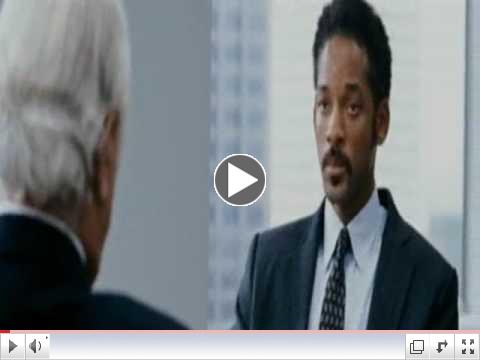If you’ve ever done The Work before, you’re familiar with the Judge Your Neighbor worksheet (check out this link HERE to get one right now).
It’s the first part of the work, where you actually identify what stressful thoughts are running in your head, and write them down.
However, there’s a pre-first-step BEFORE this one.
Before you do anything else, in order to narrow the field, weed out the thoughts, and get clearer on the jumble of stressful thinking going on in the mind….
….you bring to mind a stressful situation, a difficult time, a troubling person, a rough encounter.
Since no one has had a really constantly low-key, uneventful, peaceful life…you will remember many stressful situations, maybe hundreds.
But for this very first step? You pick just ONE.
You may have experienced loss, death, frustration at work, unbearable anxiety, a broken heart, an illness, a rough relationship, divorce, physical injury, fear about your kids….
….the list can be long, with many characters and issues and stories ofsomething being stressful.
But the best help in the world you can give yourself for deeply looking at your inner condition and getting yourself off the Stress Roller Coaster is to pick ONE TROUBLING SITUATION.
Even if it leaves out 852 other stressful topics. Just pick one for today.
Then, once you have a vision of that situation, the one that makes you frown, or feel sad, or hurt, or angry when you think about it….you fill out the Judge Your Neighbor worksheet.
Which brings me to the wonderful exploration I love: the fourth question on that Judge Your Neighbor worksheet!
What the heck would really, really, really make me happy, in that agonizing situation?
How would I have liked it to go, instead, if I got everything I needed?
The focus is on what would make YOU happy in this situation.
Not the other person, or other people, involved.
YOU.
Which brings us to the most fascinating exploration of all: what do we mean when we say “happy?”
I recently remembered something Byron Katie mentions from time to time. That we often imagine what we need or want, in difficult situations we’ve experienced, that would make us feel relief, safety.
We know what would make us happy in that difficult situation so that we would feel better.
But we don’t always consider what would make us ecstatic, life-changing, thrilled, joyful, complete, resolved, or truly happy.
I can relate.
Why go for all that wild, crazy unimaginable joy? I just want to feel OK and not so terrified, I’ll take what I can get.
If I could just feel some stress reduction, I’ll be OK. Beyond that I might never get true happiness, I might never achieve it.
I don’t want to dream of true happiness but NOT EVER get it in this situation!
It would be impossible to achieve it anyway! That situation happened in the past, it was terrible, and now its over! Happiness and that experience do not mix!
And yet….
….everyone has experienced a moment of true happiness. Just like the way we all have lived through stressful situations, we’ve lived through very happy ones.
I love remembering the joy of feeling satisfied, accepting, healthy, calm, relaxed, fulfilled, peaceful, trusting, or full of love.
On that question four on the Judge Your Neighbor worksheet, while you remember a painful situation…it’s wonderful to identify what you believe you really, really need in order to arrive at happiness.
It’s a golden key to discovering what you believe about happiness, and by comparison, see how that situation you’re thinking about didn’t match your idea of happiness.
If you’re having trouble remembering when you have felt full of happiness, watching this clip from one of my favorite all-time movies may inspire you.
Keep going, keep inquiring.
Happiness is present, here and now. Telling a joyful, happy story is possible, even when encountering the “worst” situations.
 |
| The moment of Happiness |
Much love, Grace



